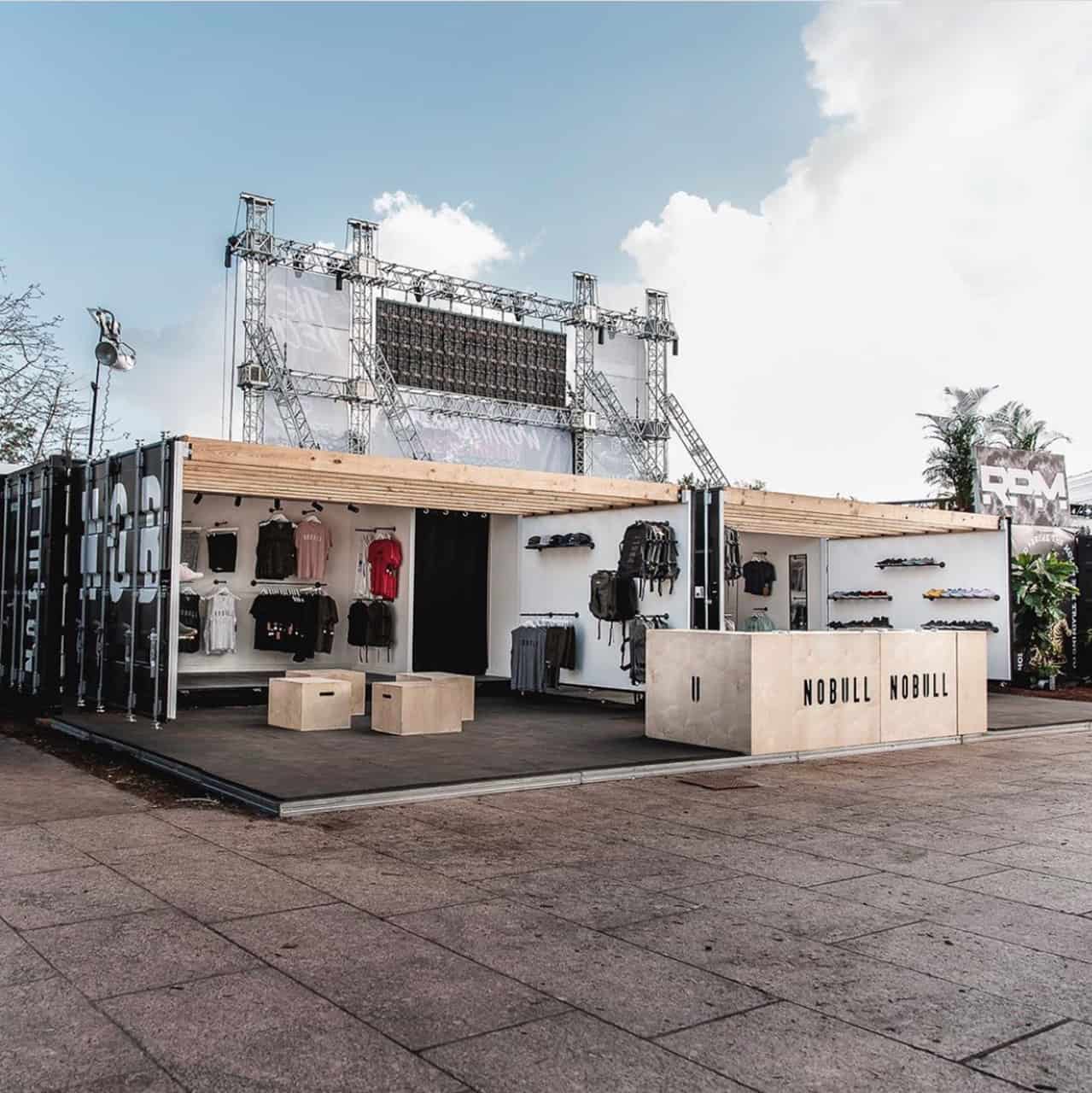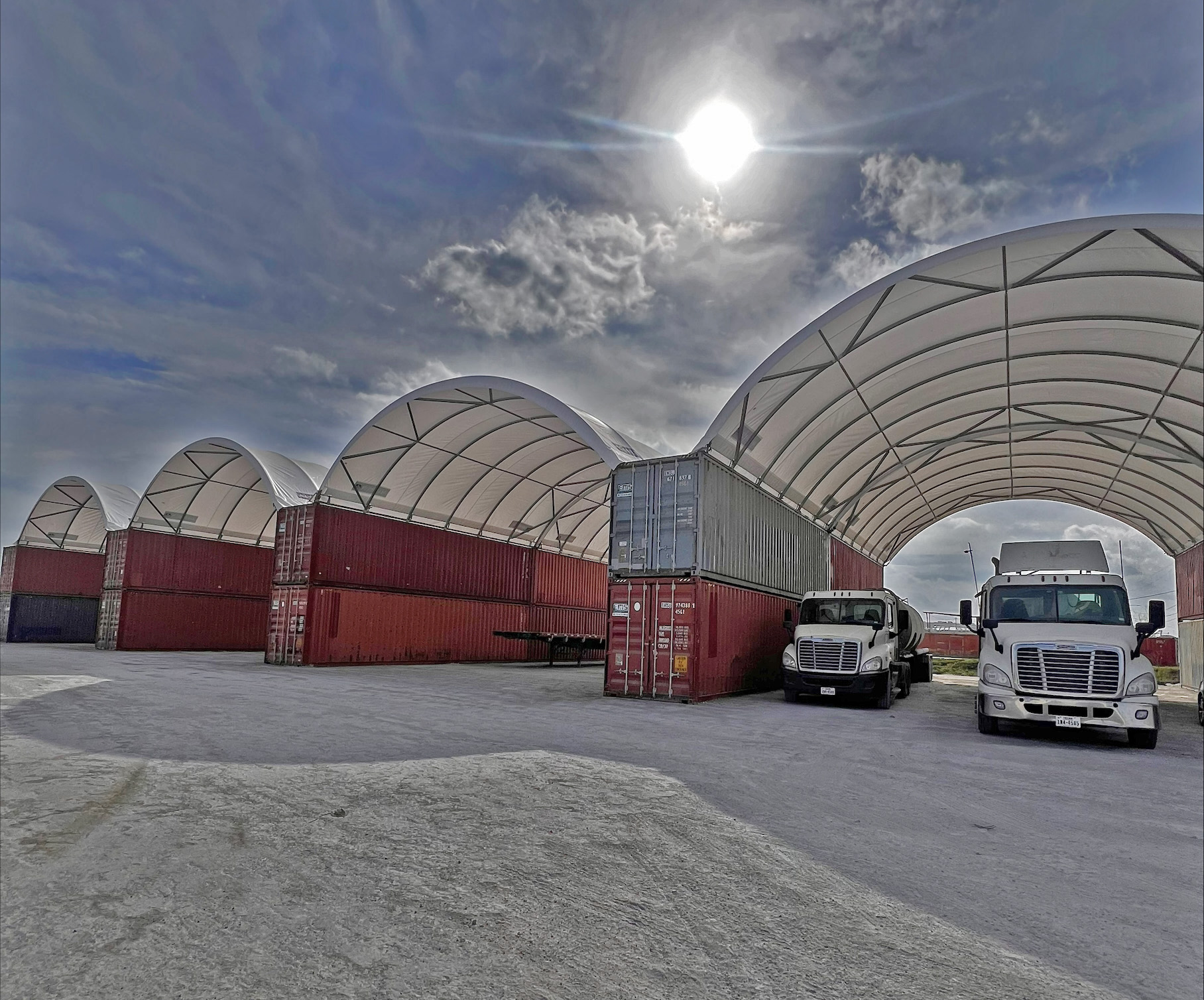Shipping containers are incredibly versatile, and you can use them for more than transport and storage. While most people will associate shipping containers with large shipping companies and the haulage industry, they are used by many businesses and individuals for things like houses, cafes and restaurants, swimming pools and even pop-up shops.
New shipping containers can be expensive, so if you are working on a tight budget, buying used shipping containers is worth considering. However, when it comes to used shipping containers, there are some things that you should check for to ensure that the container you are buying is still usable.
What to Check for
First check the overall condition of the container. You should walk around it and check the paint, the corner castings and any seals around the edges. It is also important to check the underside of the container as well. This is because the cross members which hold up the floor can rust, especially if the container has been set on grass for a long period of time. This can lead to the floor rotting away and your container becoming unusable. A used shipping container might not be the best looking, but a good one should be structurally sound with little surface rust or corrosion.

Most shipping container flooring is made up of marine grade plywood. In used shipping containers, the flooring likely won’t look brand new and may have some discoloration, but you should ensure that it is free of deep gouges, mold and rot.
Moving onto the doors, you should check that all doors open and close as well as making sure that the locking gears and handles all function properly. The doors should create a tight seal. Keep in mind that used shipping containers have been used, possibly for a few years, and as such, the hinges and handles may need some grease or lubricant to get them moving freely.
The next thing to check potential shipping containers for is rust on the ceiling. To check this, you should get inside the container during the daytime and have the door shut. With the exception of any vents, the container should be completely dark, if you can see light coming through the ceiling then the container could have rot problems.
Lastly, you should check the container for smells or odors. You won’t know what the container was previously used for but you do know what you will be using it for. If you’ll be using it to store or transport something that absorbs smells, then it’s best to avoid any containers that have an odour.
By checking the container carefully before purchasing it, you can ensure that you will be getting a high-quality product without any issues.
Where Should You Buy From?
There are various places where you can buy used shipping containers from, however there is only one place where you know you will be getting a quality product.
The three main places where you can buy used shipping containers from are trusted container depots, auctions and private sellers. There can be big problems with purchasing used shipping containers from auctions or private sellers. Firstly, it is important to be able to fully inspect the container. Unfortunately, at auctions and with private sellers you cannot always inspect the entire container, because they may not have lifting equipment to allow you to inspect the underside.
At a container depot, you will be able to see the container in its entirety. If you’re not able to inspect the container because of where you live, the seller should be able to provide pictures along with an inspection report or survey. This survey should include the container number, so that you can be sure you’re getting the correct unit. If for any reason the seller won’t let you inspect the container and refuses to provide an inspection report or pictures, you should think about looking elsewhere.
By visiting a trusted container depot, you can be sure that any used shipping container you see will have been fully inspected.
Sources:
What is Rust? NCHEurope.com
Shipping Container Inspection Criteria, ACMS-USA.com









